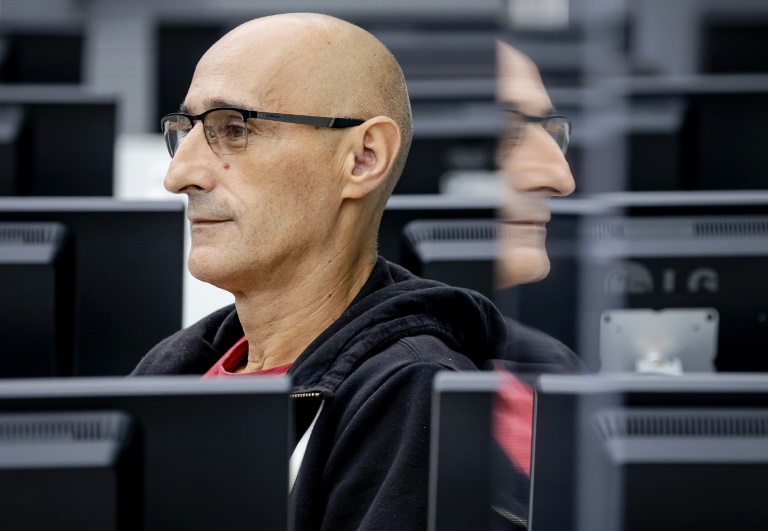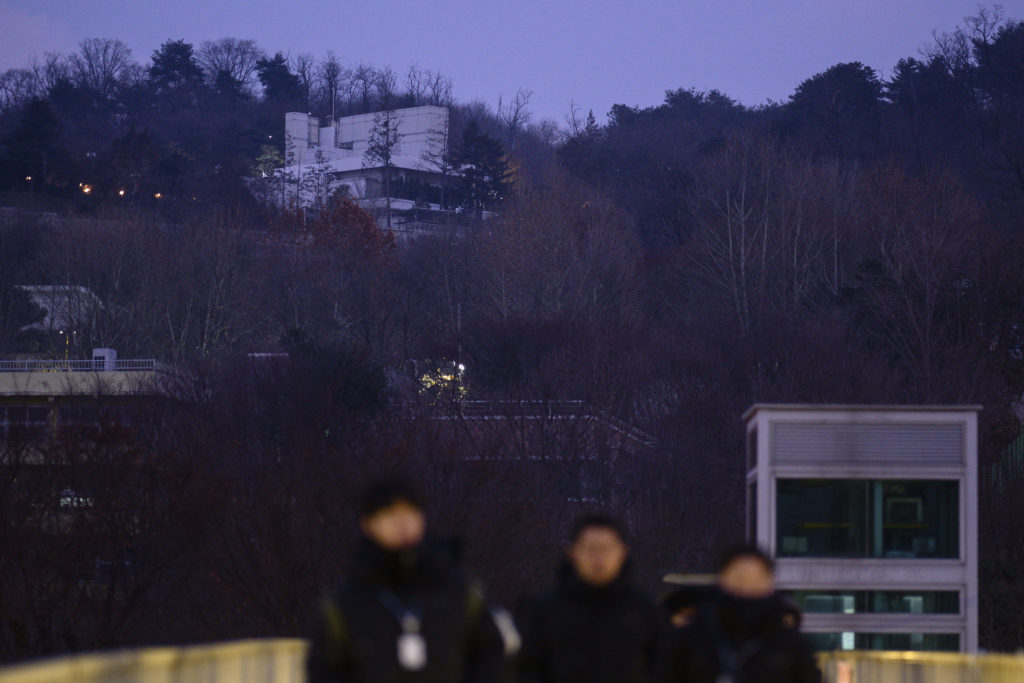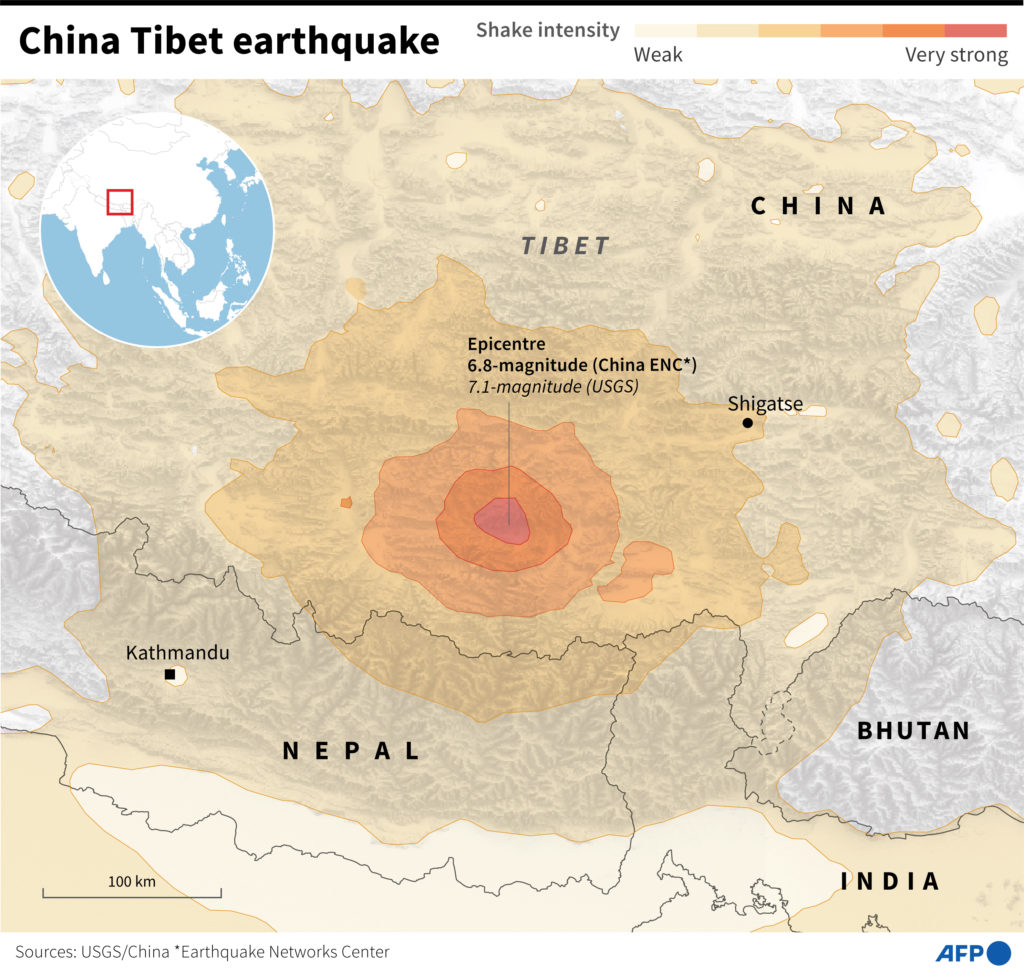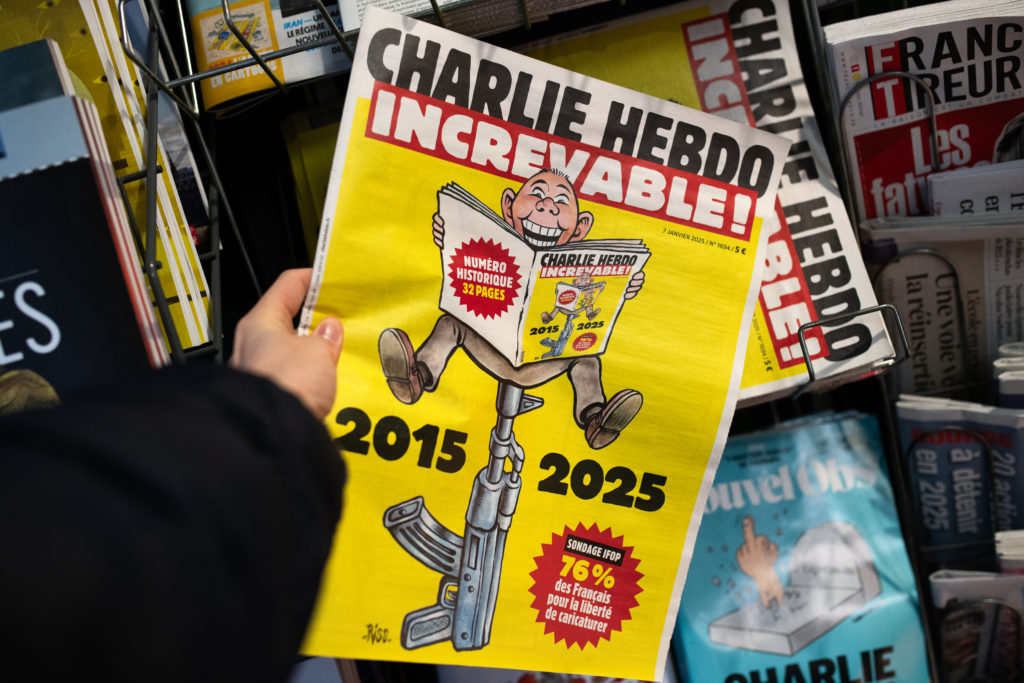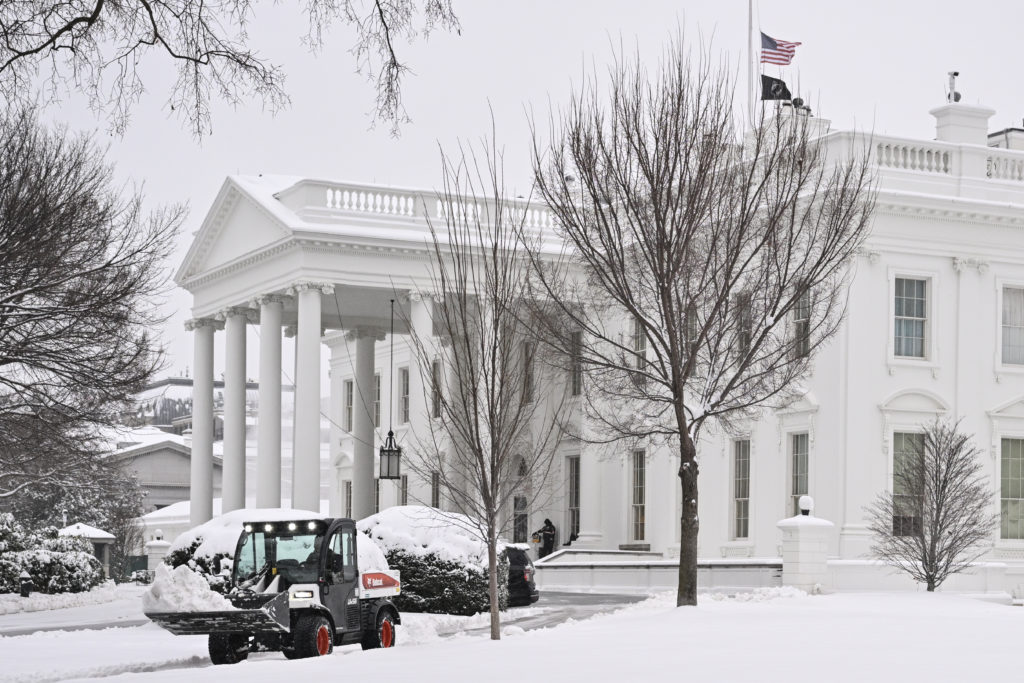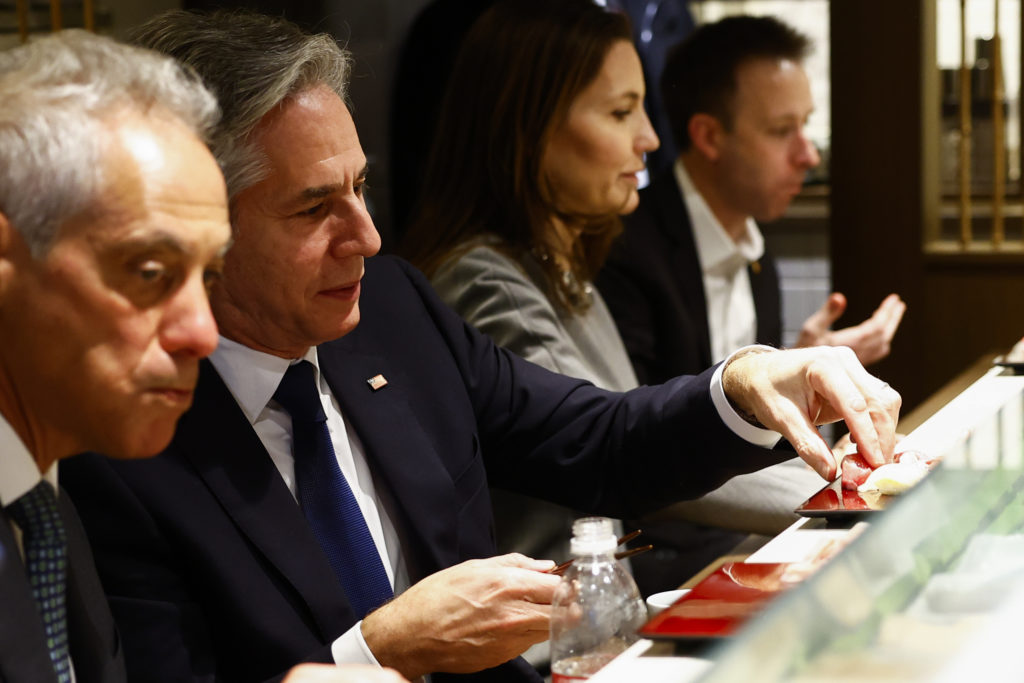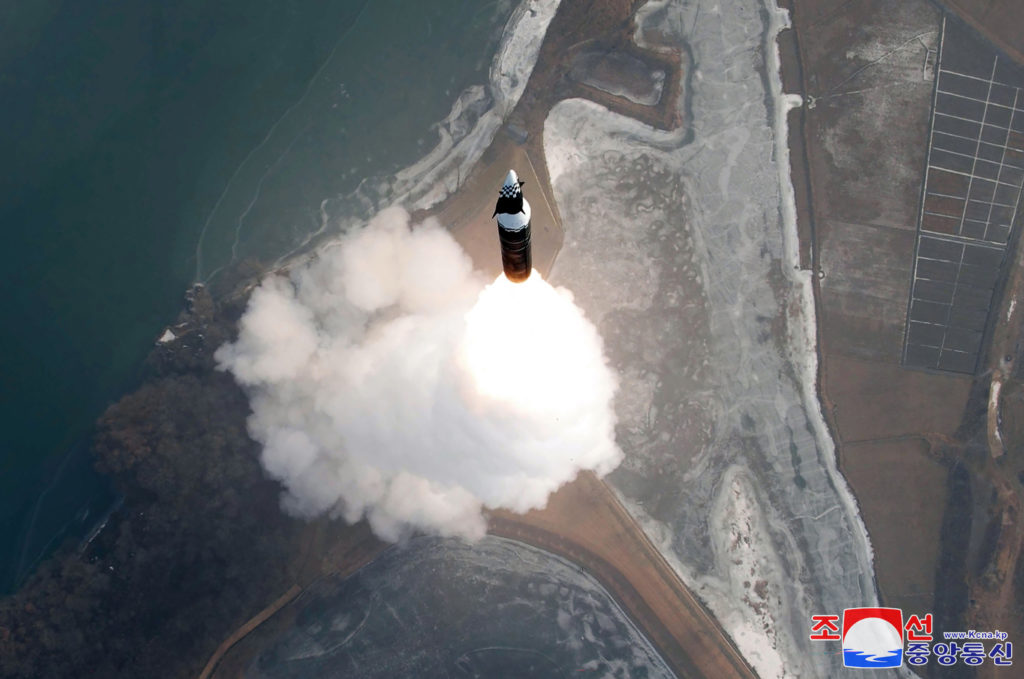A former Kosovo rebel commander compared a war crimes court to Nazi Germany’s secret police as it began its first trial in The Hague on Wednesday.
Salih Mustafa is accused of murder and torture at a makeshift Kosovo Liberation Army (KLA) jail during the 1998-1999 independence war with Serbia.
“I am not guilty of any of the counts brought here before me by this Gestapo office,” Mustafa, 49, said as his trial started at the Kosovo Specialist Chambers.
Mustafa, wearing a black hooded top, red T-shirt and jogging trousers, then refused to return to the courtroom while a lawyer for victims was speaking.
Head judge Mappie Veldt-Foglia said the court would not force him to return on Wednesday, but warned him it would “not allow the use of disrespectful language” at future hearings.
Mustafa, who was arrested last year while working as an adviser at Kosovo’s defence ministry, is the first suspect to go on trial at the court.
It was set up in 2015 to probe atrocities by the separatist KLA, which had gone unpunished even as a number host of Serbians have been convicted by other courts over the wars that ripped apart Yugoslavia in the 1990s.
– ‘Beaten and tortured’ –
Prosecutors said Mustafa and his men “brutalised and tortured” fellow ethnic Kosovo Albanians whom they accused of collaborating with Serbs in Zllash, a village east of the capital Pristina.
“These were not enemies of Kosovo, they were not spies,” senior prosecutor Jack Smith told the court in his opening statement.
“Their only crime was to have political views that differed from the KLA and its senior leaders.”
Prisoners were kept in “inhumane” conditions in a stable, with Mustafa personally taking part in the beatings, Smith said.
One young man died after being “repeatedly beaten and tortured”. His body was found in a shallow grave.
Mustafa faces charges of murder, torture, cruel treatment and arbitrary detention relating to at least six detainees.
According to the indictment, detainees were allegedly held in a locked stable and subjected to “beatings with various instruments, burning and the administration of electric shocks”. Some were urinated on in front of other detainees.
The trial will hear from 16 witnesses, including former detainees, during September and October.
Prosecutor Smith said the hearing was a “milestone” for the court, the activities of which are highly sensitive as former rebel commanders still dominate political life in Kosovo.
Kosovo’s then-president Hashim Thaci was indicted by the court in June 2020 for his alleged role in nearly 100 murders during the conflict while he led the KLA. Two other people have been indicted for witness intimidation.
– ‘They are heroes’ –
Victims’ counsel Anni Pues said people had been “intimidated and silenced for decades” since the war, but the trial finally gave them a chance to speak.
“It is a moment they have all been waiting for, that they might finally see some justice done,” Pues said.
She accused Mustafa of “clear disrespect” by refusing to come to court and appealed to him to give answers on “whose hand carried out the murder of a beloved son.”
The victims are seeking compensation from the court.
The trial has sparked mixed feelings in Kosovo.
“They can condemn Mustafa and the others 100 times, but for me they are the heroes who had the courage to stand up against Serbia,” Adem Idrizi, 65, a pensioner from Pristina, told AFP.
But others trusted the tribunal to do its job.
“I believe that the international judges will establish the truth. I only believe the evidence,” said law graduate Blerta Hyseni, 24.
The Kosovo war, which left 13,000 people dead, ended when Serbian president Slobodan Milosevic’s forces withdrew after an 11-week NATO bombing campaign.
But international tensions over Kosovo remain to this day, with the United States and most of the West recognising Kosovo, while Belgrade and its allies Russia and China do not.

